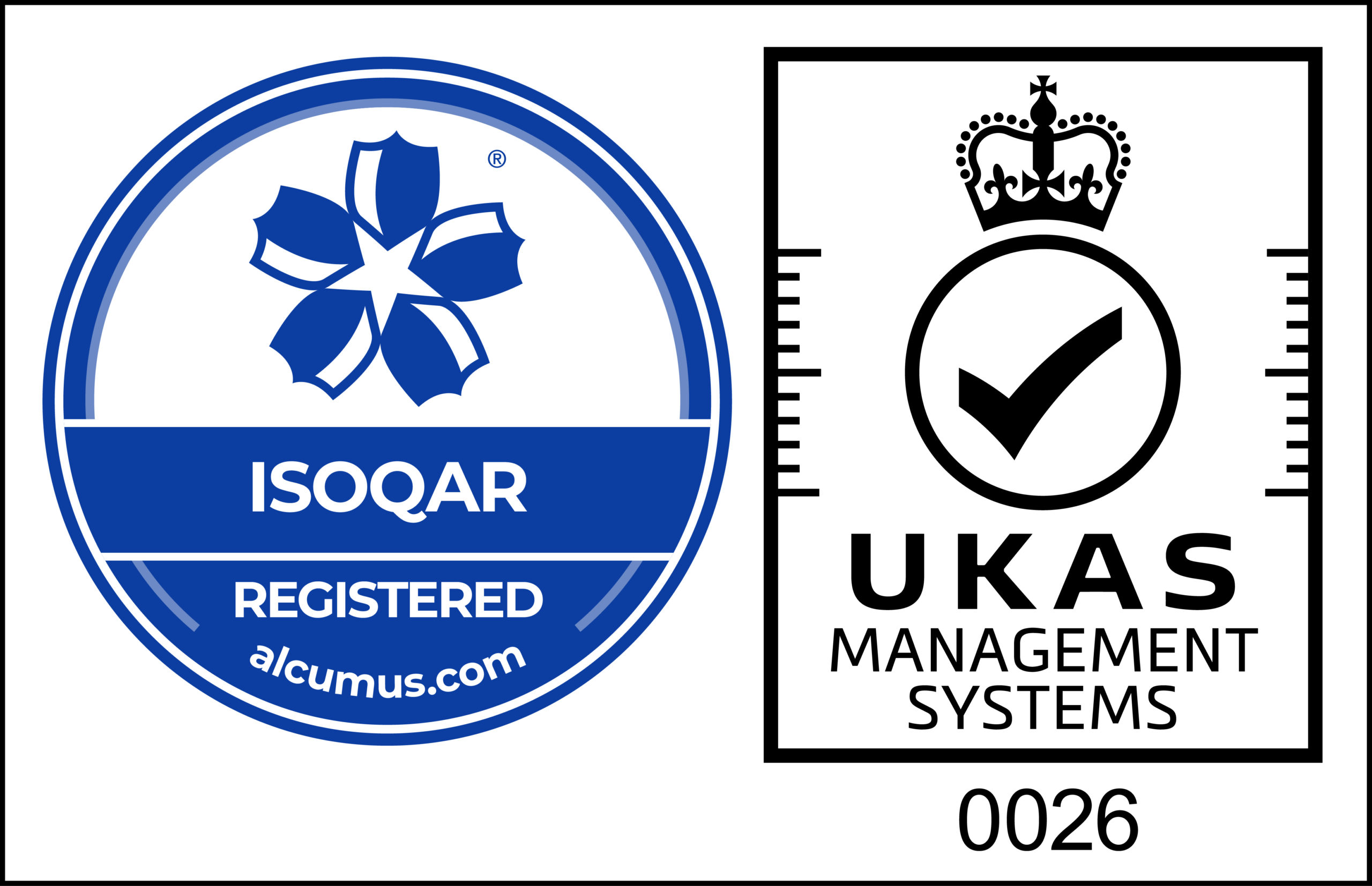The Recruitment Process: Finding Talent
When you start the recruitment process, the main priority is finding the perfect candidate for the role you’re advertising and someone who will provide a positive impact to your business.
In this guide, we’ll be talking you through:
- How to advertise a role
- Where should you advertise a job vacancy
- How to shortlist your candidates
- What legal considerations need to be made?
Download Guide
Advertising Job Vacancies
There are many methods of attracting candidates, consider where you choose to advertise will reach the audience you want to attract. Be mindful of where you are placing the advert to ensure you are not indirectly excluding a candidate.
Where to advertise a job vacancies?
The most popular space to advertise a job vacancy is via the internet, and there are various places to advertise:
- Third party recruitment websites
- Social media (LinkedIn, Facebook, Twitter…)
- Your own website
- Online trade press and newspapers websites
- Job centre


Content for your job vacancy advert
Your advertisement must include:
-
The job title and, if appropriate, job details, conditions, salary, how the vacancy has arisen, etc.
-
Where the job is located
-
Any special qualifications needed, eg. ‘time served’, HGV 1 Licence, RGN, etc.
-
To whom the application should be directed
-
The method of application to be adopted – in writing, online, by telephone, application form, CV submission, supporting statement
If you would like more advice on writing you job vacancy advert, download our helpful guide.
Legal Considerations when advertising job vacancies
The Equality Act 2010 makes it an offence to advertise UK job vacancies in a discriminatory way whether intended or not.
Examples of indirect discrimination can be:
- Recruiting only relatives/friends of your existing workforce
- Advertising vacancies solely on an internal noticeboard
- Setting unnecessarily high qualification standards for a job
- Excluding applicants from a particular geographical area
- Asking for ‘so many years’ experience
To find out more on how to ensure your job vacancy advert is legal and compliant, download our helpful Recruitment and Selection Guide.


Shortlisting Job Applicants
When preparing a list of those to be interviewed you should have a very clear understanding of what it is you are seeking to achieve and should have the job description, person specification and the advertisement before you when preparing the short list.
Refer back to the ‘essential and desirable’ list you prepared for your person specification and use this as a benchmark for short listing.
Remember don’t change your standards of short listing because you have a lot of applicants. For example , if you have said no experience or qualifications are necessary then you should not, for instance, reject applicants who do not have a particular qualification if that was not a stated requirement.
Helpful tips when shortlisting job applicants
When short-listing, it is useful to record candidate details clearly, possibly using the following headings:
- Candidate’s name
- Qualifications
- Experience
- Salary
- Comments
- Interview; YES/NO
Our expert HR consultants have written a guide to help you with shortlisting job applicants.

Are you ready to start interviewing candidates?
We’ve outlined the steps to take to successfully interview candidates to ensure you get the best person for the role.











